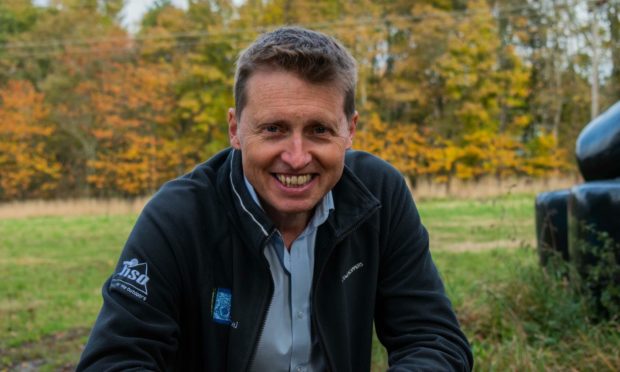Train journeys between Perth and Inverness were faster in the 19th century and could be about to get slower.
That’s the analysis from Mike Robinson – one of Scotland’s leading sustainability experts on ScotRail’s revised train timetable.
The soon to be Scottish Government run rail franchise has announced a consultation on a revised, post pandemic timetable with 300 fewer services per day.
The franchise is trying to tackle a £243.5m shortfall in 2019/20. It says the cuts will save taxpayers between £30 to £40m and, even before the pandemic, too many trains were running with very few passengers on board.
Mr Robinson said the reductions “send completely the wrong signals ahead of COP26.”
One of the key changes includes an alteration to the main service between Edinburgh/ Perth and Inverness.
From May 22, this will now travel from Edinburgh to Inverness via Stirling.
The Perth to Edinburgh service will travel via Cowdenbeath – adding 10 minutes to the journey time.
‘We need to speed up journeys, not slow them down’
Mr Robinson said: “Rail remains the best way to carry large numbers of people, and freight, around the country and it is an essential component of reducing Scotland’s transport emissions longer term.
“These reductions in services are understandable short term because of the decline of train travel as a result of Covid, but send completely the wrong signals ahead of COP26.
“We need to see real long term strategic investment in rail and the political will to support this.”
World leaders will gather in Glasgow in October for the COP26 conference to discuss a deal to further limit the carbon emissions that are driving the climate crisis.
Mr Robinson said a faster and more efficient rail service north of Edinburgh to Perth & Dundee is also one of the “most valuable economic steps we could take, especially for tourism.”
“These journeys were already slower than they used to be in the 1880s, so we need to speed them up, not slow them down, as these latest changes do,” he added.
Mr Robinson is the chief executive of the Perth-based Royal Scottish Geographical Society.
He helped establish Stop Climate Chaos – the largest coalition ever formed in Scotland – to deliver the Scottish Climate Change Act.
He was a member of the ScotRail Stakeholder Advisory Panel for five years, from September 2015 to August 2020.
Jane Ann Liston, from Railfuture Scotland, said: “The cost to the tax-payer – and railway passengers are tax-payers too, let us not forget – must be balanced against all the negative consequences if the move back to cars be not reversed.”
Independent Highland Perthshire councillor Xander McDade said he shared Mr Robinson’s concerns over green tourism.
He said: “I will be pushing hard for the council to submit a formal response to the consultation as these changes should be of significant concern for the whole county.”
